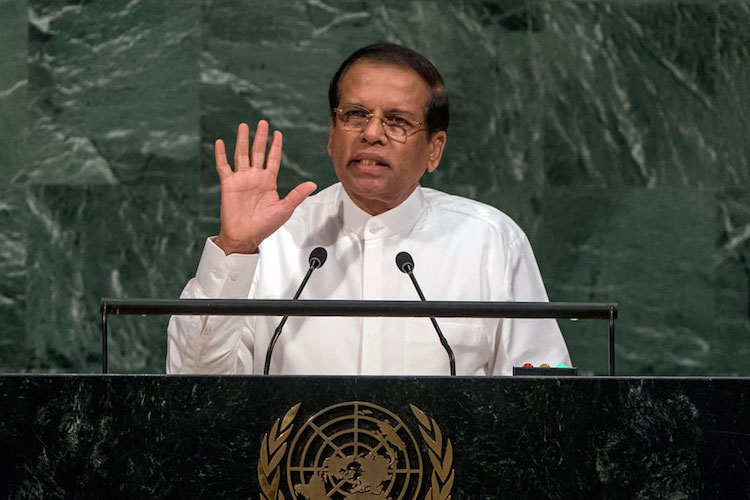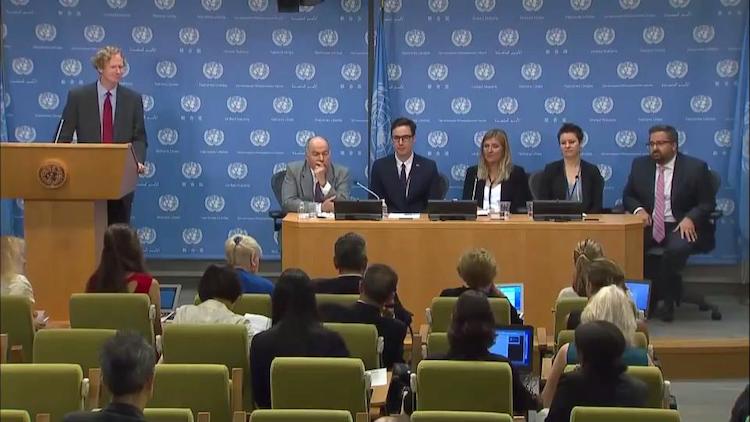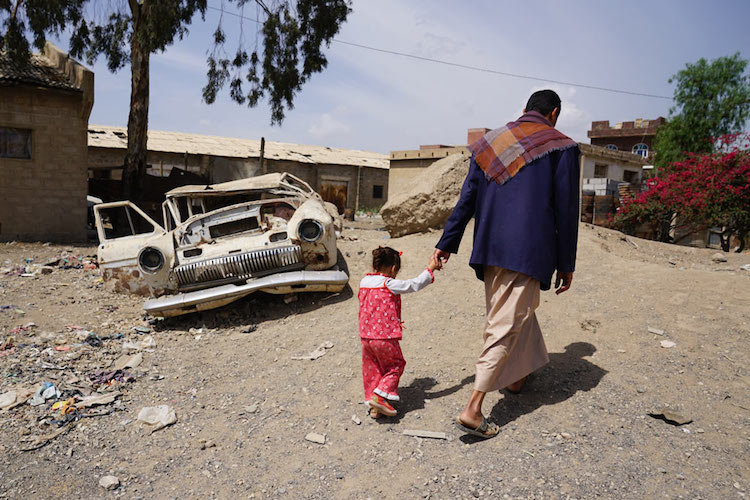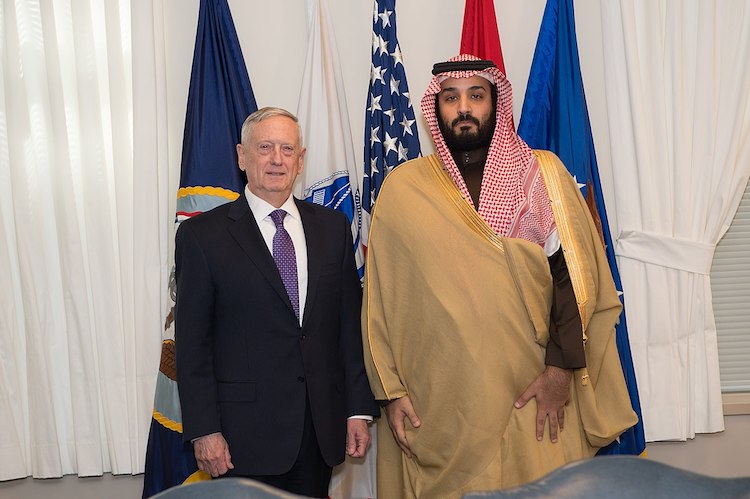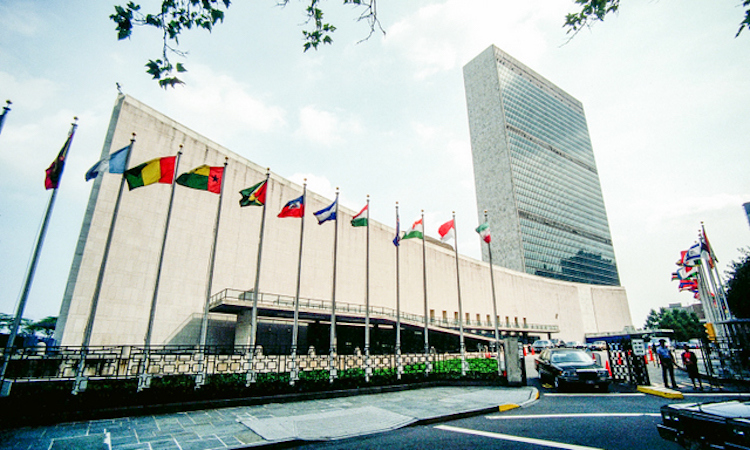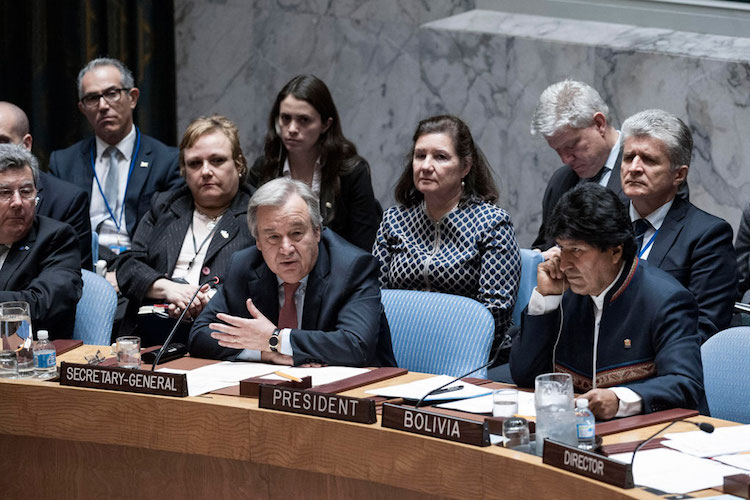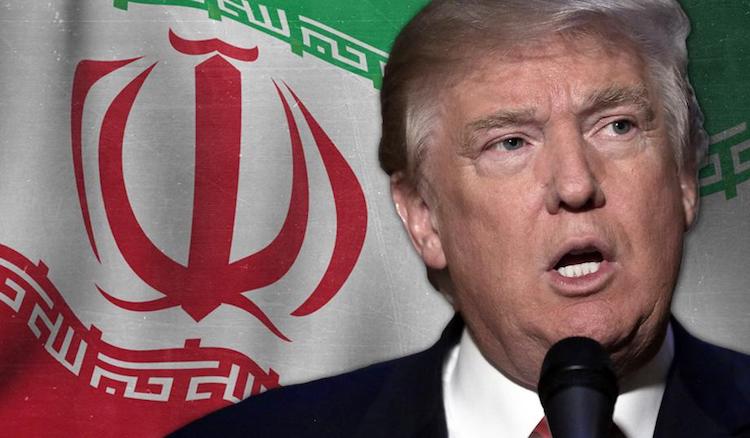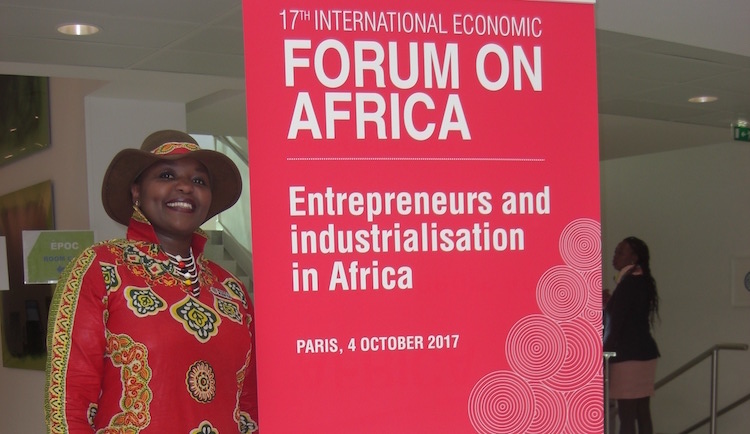By Shanta Roy
UNITED NATIONS (IDN) – U.S. President Donald Trump’s highly erratic behavior on nuclear weapons – and his public threats to “totally destroy” North Korea – have triggered a strong political backlash from anti-nuclear and anti-war activists.
“A central problem is that Donald Trump seems ignorant about what nuclear weapons really are, and the humanitarian catastrophe that would be unleashed if he fired even one at North Korea – or anywhere,” said Dr. Rebecca Johnson of the Acronym Institute for Disarmament Diplomacy, a founding co-Chair of the International Coalition to Abolish Nuclear Weapons (ICAN), the 2017 Nobel Peace Laureate.



